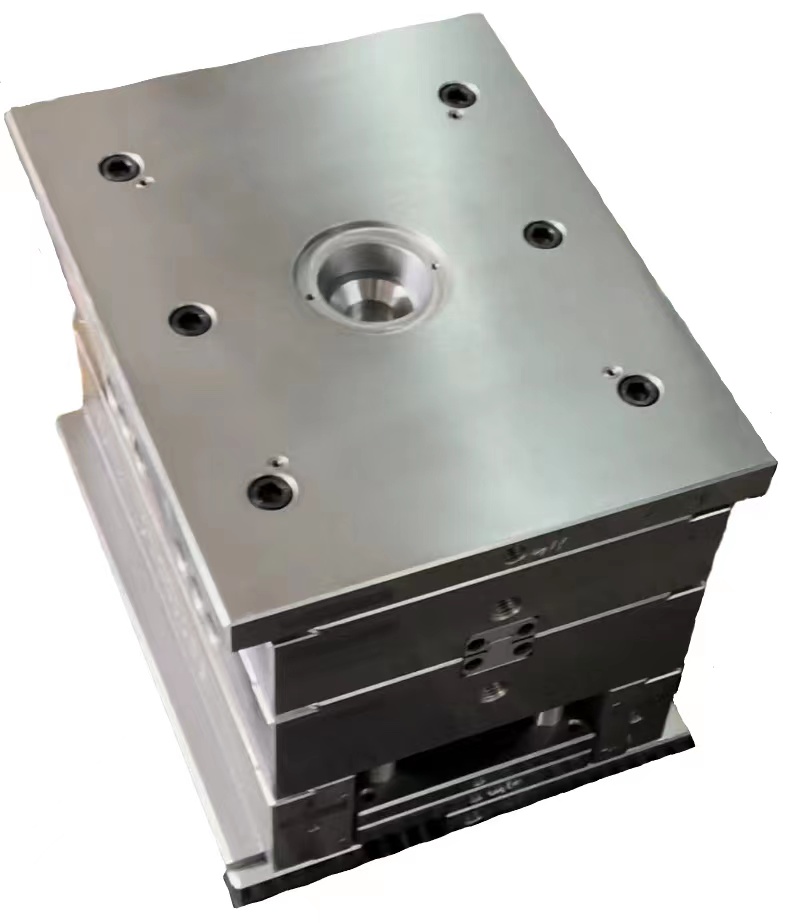Introduction
Die base manufacturing is a critical sector within the larger landscape of Indonesia's industrial capabilities. With a growing demand for precision-engineered components, this industry plays a vital role in various manufacturing processes. This guide aims to provide an in-depth understanding of die base manufacturing, exploring its significance, processes, and future prospects in Indonesia.
Significance of Die Base Manufacturing
Die bases are essential components in the production of various products, especially in industries such as automotive, electronics, and aerospace. Understanding their importance involves recognizing the key functions they serve:
- Foundation for Die Sets: Die bases provide the necessary support and stability for die sets used in stamping and molding processes.
- Precision Engineering: They ensure high precision and repeatability in manufacturing processes, which is critical for maintaining quality standards.
- Material Efficiency: Properly designed die bases allow for optimal material utilization, reducing waste during production.
Key Processes in Die Base Manufacturing
The manufacturing of die bases involves several critical processes that ensure their strength, durability, and precision. Here are the major steps in this industry:
- Material Selection: The first step involves choosing appropriate materials, typically strong metals such as steel or aluminum alloy, which can withstand the pressures of manufacturing.
- Machining: This process transforms raw materials into desired shapes and dimensions through techniques like milling, turning, and grinding.
- Heat Treatment: Heat treatment processes enhance the mechanical properties of die bases, increasing their hardness and wear resistance.
- Surface Finishing: Surface treatments, such as coating or polishing, are applied to improve corrosion resistance and aesthetic appeal.
- Quality Control: Rigorous testing and inspection ensure that the die bases meet industry standards and client specifications before delivery.
Technological Advances in Die Base Manufacturing
Indonesia's die base manufacturing industry has seen significant advancements due to the integration of technology. Some of the notable innovations include:
- CNC Machining: Computer Numerical Control (CNC) technology allows for higher precision and reduced human error in machining processes.
- 3D Printing: This emerging technology is revolutionizing prototyping and the ability to create complex geometries that traditional methods cannot achieve.
- Automation: Incorporating robotics in manufacturing processes increases efficiency and minimizes costs.
Challenges in Die Base Manufacturing
Despite its importance and advancements, the die base manufacturing sector in Indonesia faces a range of challenges that impact its growth:
- Skilled Labor Shortage: The demand for highly skilled workers in machining and engineering is not being met, hindering production capabilities.
- Competition with Global Markets: Local manufacturers must compete with lower-cost production in other countries, affecting profit margins.
- Regulatory Compliance: Adhering to environmental and safety regulations can be burdensome for smaller manufacturers.
The Future of Die Base Manufacturing in Indonesia
The future of die base manufacturing in Indonesia looks promising. With a focus on innovation and quality, companies are positioning themselves for growth. Key trends that may shape the future include:
- Sustainable Manufacturing: There is a growing emphasis on eco-friendly practices, including waste reduction and sustainable sourcing of materials.
- Investment in R&D: Engaging in research and development will enhance product innovation, allowing manufacturers to create advanced products that meet market needs.
- Partnerships and Collaboration: Collaborating with educational institutions and industry partners can help bridge the skills gap and promote shared knowledge.
Conclusion
The die base manufacturing industry in Indonesia holds immense potential for growth and innovation. By understanding its foundations and addressing the challenges ahead, manufacturers can enhance their competitiveness in both local and global markets. As technology continues to evolve and the demand for high-quality precision components rises, companies that invest in skilled labor, technological advancements, and sustainable practices will be better positioned for success. Ultimately, the journey towards becoming a leader in die base manufacturing begins with a solid understanding of its significance, processes, and future direction.

